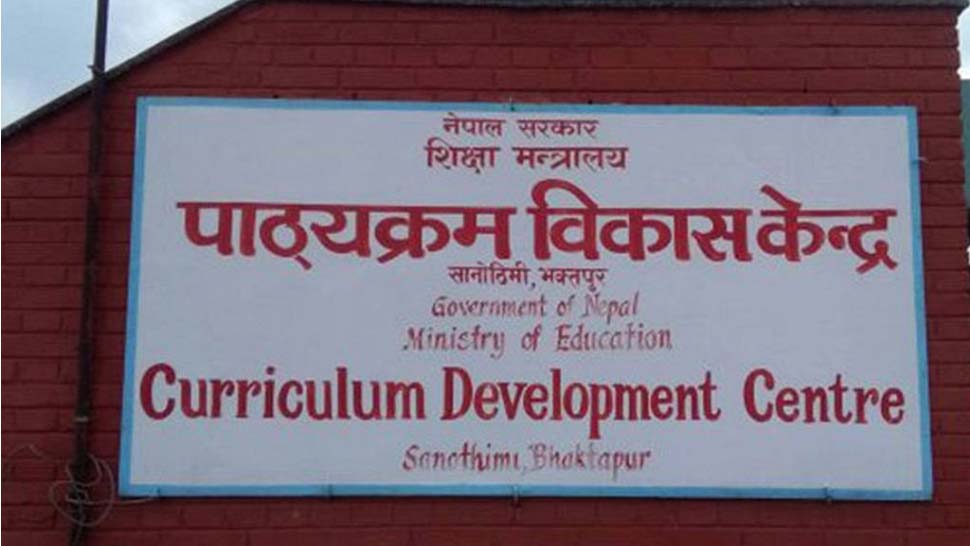

Technology has also been added to the subject of compulsory science being taught at the school level. The science and technology subject will be taught from the upcoming academic session 2077 BS. The topic of technology is added to teach students about the technology that is developing in the world.
Entrance Examination was started in Nepal from 1990 BS and at that time ordinary science subjects were included as additional subjects. After the implementation of the new education, compulsory science was included in the syllabus and from the year 2031 BS, the subject was included in the entrance exam. Ganesh Bhattarai, Information Officer of the Curriculum Development Center, said, “In the age of information technology, it has been decided to combine science and technology with the aim of developing manpower that can compete with the world market. "The upcoming academic session will be implemented as a new syllabus in Class 1 and Class 11 from 2077 BS year and new syllabus test in Class 6. Science and technology subjects will be taught in classes 4 to 10. New courses will be implemented at all levels by the coming 2080 BS.
According to the new syllabus structure, the system of integers has been removed from now on. Since the beginning of modern education in Nepal, there was a whole system of integers. It has now been replaced by a credit card. Credit hours of up to 27 hours a week and 8 hours a week are maintained in classes 11 and 12. Students of all levels will be assessed in alphabetical order only.
According to the new syllabus, classes 1–3 have integrated Nepali, English, Mero Serofero and Mathematics subjects into an integrated curriculum. According to the information officer of the center Bhattarai, the local level should prepare the mother tongue and local subjects and teach five hours a week.
Similarly, the subject of human value education has been added in the curriculum of classes 4 to 8. At present, there is no moral education in grades 6-8 and the teaching of moral education in grades 6-8. Ethical education is a human value education. The business, business and technology topics currently being taught in grades 6-8 are excluded from the national curriculum and are included in the local curriculum.
The topics of compulsory health, population, and environment are eliminated in classes 9-10. It is now reduced to seven out of eight topics. In the past, health, population, and environment were divided into three separate subjects and included as optional subjects. "Students can choose either health or population or the environment as an optional subject," he said. Compulsory Nepali subjects have been added in both Classes 11 and 12.
Earlier, some indifferent subject groups were in class 11 and some in-class 12 Nepali subjects had to study. According to him, life-long education is included in Class 12.
The provision of subject groups in classes 11 and 12 has been removed. "It is no longer called science or management or education or other groups," said Bhattarai, the information officer at the center. "A single-course course will be implemented from the upcoming academic session. Optional topics are covered and three of them have to be chosen. "
It is clear in the new syllabus that the National Examination Board conducts the annual examination in classes 10, 11 and 12 In the past, there was the talk of conducting annual examinations in class 11 schools. - From Gorkhapatradaily





